The fear we all live with
What mass shootings have done to the American psyche

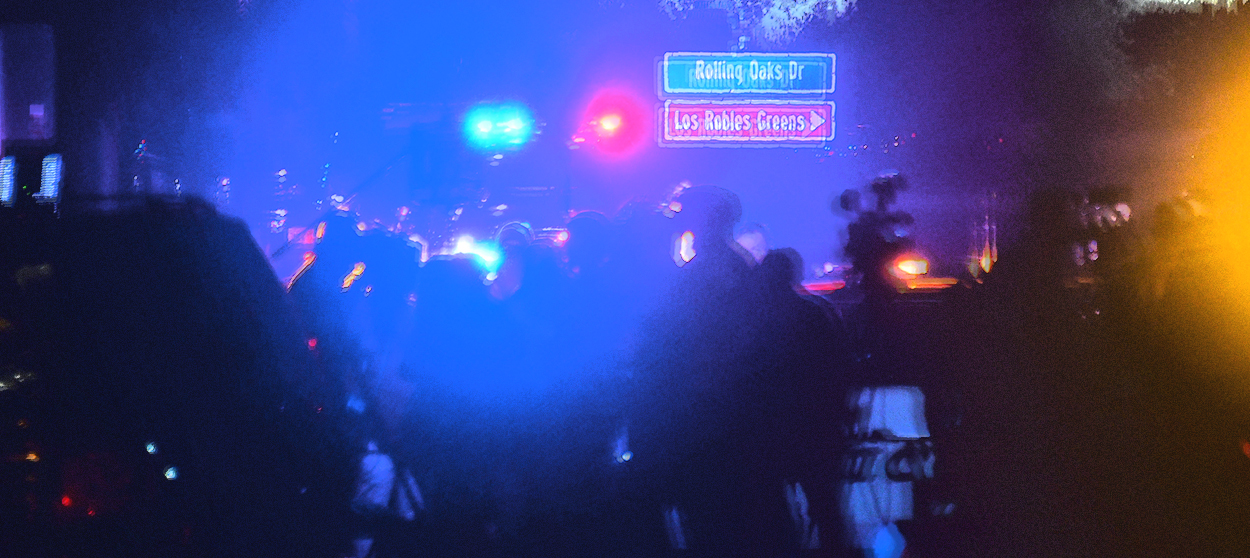
A free daily email with the biggest news stories of the day – and the best features from TheWeek.com
You are now subscribed
Your newsletter sign-up was successful
I've thought about it in movie theaters and in bars, at concerts and in airports. I've thought about it in my office, at baseball games, and when I walk past schools and places of worship. I've thought about it in restaurants, at yoga, and in the crowded second-story cafeteria where I went to vote on Tuesday. I think about it even when I am not consciously thinking about it — the way I instinctively look for an exit in a room, the way I get nervous when pressed in a crowd.
This week, it happened on a Wednesday. Eleven people at a college bar in Thousand Oaks, California, were killed by a gunman armed with a legally purchased Glock 21; a responding officer, who had planned to retire next year, was also shot dead.
Twelve days earlier, a man opened fire in a Pittsburgh synagogue and killed 11 people attending an infant's bris.
The Week
Escape your echo chamber. Get the facts behind the news, plus analysis from multiple perspectives.

Sign up for The Week's Free Newsletters
From our morning news briefing to a weekly Good News Newsletter, get the best of The Week delivered directly to your inbox.
From our morning news briefing to a weekly Good News Newsletter, get the best of The Week delivered directly to your inbox.
Ten months earlier, 17 people, many as young as 14, were killed at their school.
Thirteen months earlier, 59 people were killed at an outdoor country music concert in Las Vegas.
Nothing has been done to prevent these mass shootings from continuing. And at this point, it feels fair to expect that nothing will be done. America has decided that gun violence on a previously unheard of scale is a side effect of the freedoms that come with living in this country — never mind that such events are unheard of in any other developed nation. What this has done to our collective psyche is already astonishing: mass shootings, which no one should ever have to worry about, are on Americans' minds frequently, sometimes daily.
There is still an impossibly small chance of dying in a mass shooting, but that chance is not zero. It is still more likely than dying in a tornado, from a heat wave or a rattlesnake bite, or from being hit by a bus. While the overarching category of gun violence is far more of an epidemic than mass shootings specifically, the latter still happen at a rate where we now have an unimaginable new distinction: "two-time mass shooting survivors." In Thousand Oaks, several of the people at the bar during the shooting had already survived the attack in Las Vegas. "There's people that live a whole lifetime without seeing this, and then there's people that have seen it twice," Chandler Gunn, who had friends in the bar, told The Daily Beast.
A free daily email with the biggest news stories of the day – and the best features from TheWeek.com
The fear we all live with is very real. There is no logic to where mass shootings happen. Thousand Oaks is considered one of the "safest cities" in America; Parkland, Florida, was also an "affluent" neighborhood. "[D]ay-to-day statistics can't neatly forecast mass shootings, which are seemingly random and can happen anywhere," writes The Atlantic, adding to the pervasive fear that it could be here next.
This terror is shaping our psyche. The anxiety of being in a "random mass shooting" is Americans' fastest growing fear, jumping from a concern held by 16 percent of adults in 2015 to one held by 42 percent in 2018 (the study was taken in June 2018, before the Pittsburgh or Thousand Oaks shootings). In a survey of 5,000 readers in 2015, The New York Times reported that Americans already thought about shootings frequently, and even went over scenarios of how they would respond in their heads: "I would say I think about the possibility of a shooting in my life regularly," said a 15-year-old high school student in Oregon. A 23-year-old told the paper: "I work in San Francisco and the thought comes up every single time I'm on the bus or train." A 68-year-old in Nashville said she felt particularly vulnerable at church: "I want to be ready to run when I hear the first shot," she said, adding, "No one is safe in America."
Americans feel especially helpless in crowds, places where they would be a random target. The Times took particular interest in people who feel afraid in movie theaters, with an Indiana woman telling the paper: "All I could focus on [during the James Bond movie Spectre] was that if someone came into that theater with intent to kill, we were in prime position to be shot." HuffPost Life published an article in 2015 titled, "I Am Literally Terrified to Go to the Movies Now," and The Odyssey, a crowd-sourced blogging platform, has an article from this May titled, "I'm Still Scared to Go Into Movie Theaters Six Years After the Aurora, CO Shooting." The Times cites a study that found that 9 percent of moviegoers said they plan to "limit their trips to the movies."
False alarms show how close these fears are in people's minds, when even routine environmental sounds can be mistaken for gunfire. In an incredible piece for Intelligencer in 2016, David Wallace-Wells details scenes from the "JFK airport shooting that wasn't," when applause for Usain Bolt in one of the airport terminals was mistaken for gunfire and resulted in multiple stampedes. "[W]hat happened at JFK last night was, in every respect but the violence, a mass shooting," he writes. "The fact that there was no attack at the center of it was both the weirdest and the scariest part — that an institution whose size and location and budget should make it a fortress, in a country that has spent 15 years focused compulsively on securing its airports, in a city with a terrifyingly competent anti-terror police unit, could be transformed into a scene of utter bedlam, stretching out from all eight terminals across the tarmac and onto the adjacent highways, by the whisper of a threat." More recently, at the Global Citizen Festival in Central Park, a popping bottle or falling fence resulted in thousands of people running for cover:
View this post on InstagramA post shared by Эдгар Хернандез (@el_pinche_edgar) on Sep 29, 2018 at 5:46pm PDT
The American psyche today resembles that of a victim of terrorism. We live with an ever-present fear of what could happen in our own community, because we've seen it happen over and over again in others'. Only, unlike terrorism, mass shootings aren't connected by an overarching, singular political ideology; they stem instead from something so deeply woven into the fabric of American culture that I no longer blame anyone for feeling helplessly resigned.
As an Australian researcher of U.S. politics told his country's SBS News, "America seems to have made peace with a certain level of gun carnage." In doing so, we have made peace with the fact that there will be more victims. And until we do something to prevent that, we have made peace with being victims of fear ourselves.
Jeva Lange was the executive editor at TheWeek.com. She formerly served as The Week's deputy editor and culture critic. She is also a contributor to Screen Slate, and her writing has appeared in The New York Daily News, The Awl, Vice, and Gothamist, among other publications. Jeva lives in New York City. Follow her on Twitter.
-
 Democrats push for ICE accountability
Democrats push for ICE accountabilityFeature U.S. citizens shot and violently detained by immigration agents testify at Capitol Hill hearing
-
 The price of sporting glory
The price of sporting gloryFeature The Milan-Cortina Winter Olympics kicked off this week. Will Italy regret playing host?
-
 Fulton County: A dress rehearsal for election theft?
Fulton County: A dress rehearsal for election theft?Feature Director of National Intelligence Tulsi Gabbard is Trump's de facto ‘voter fraud’ czar
-
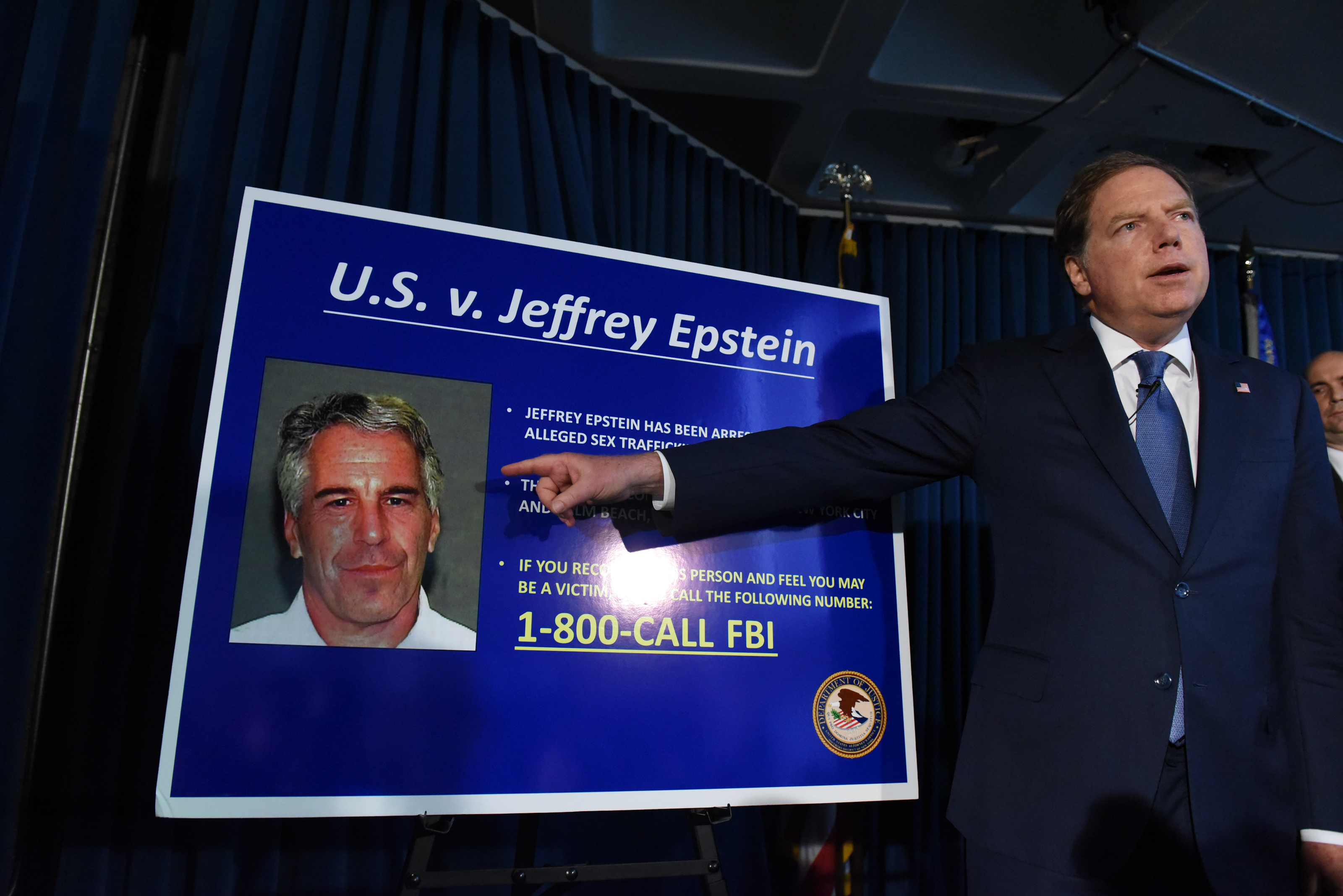 7 lingering questions about Jeffrey Epstein's death
7 lingering questions about Jeffrey Epstein's deathThe Explainer Truth can be as strange as conspiracy theories
-
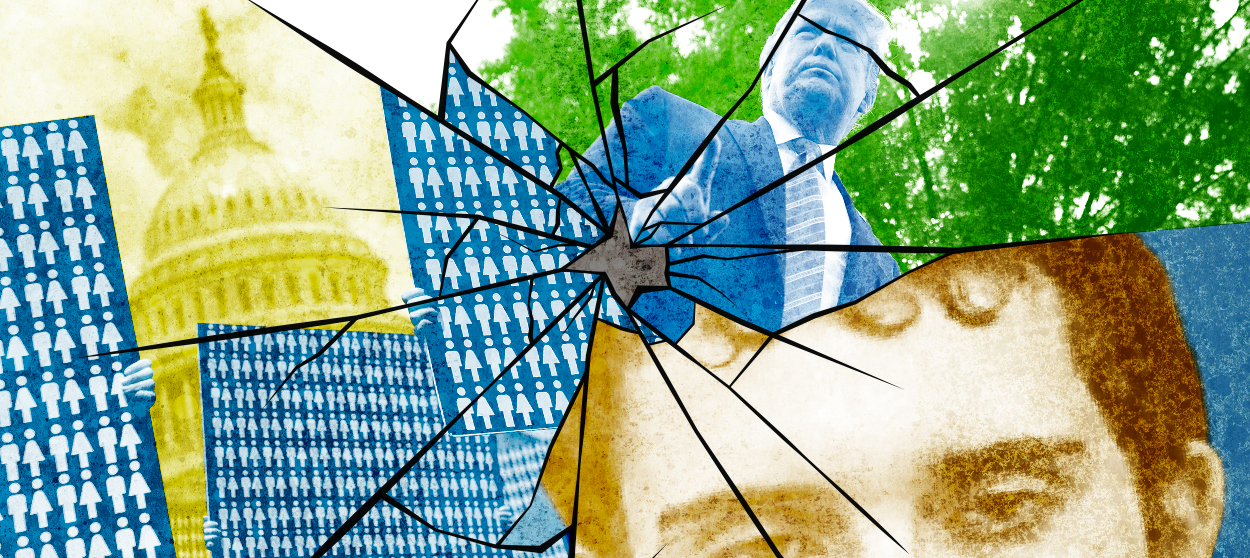 3 things everyone is getting wrong about the El Paso-Dayton shootings
3 things everyone is getting wrong about the El Paso-Dayton shootingsThe Explainer Mental illness is a red herring — but so is Trump
-
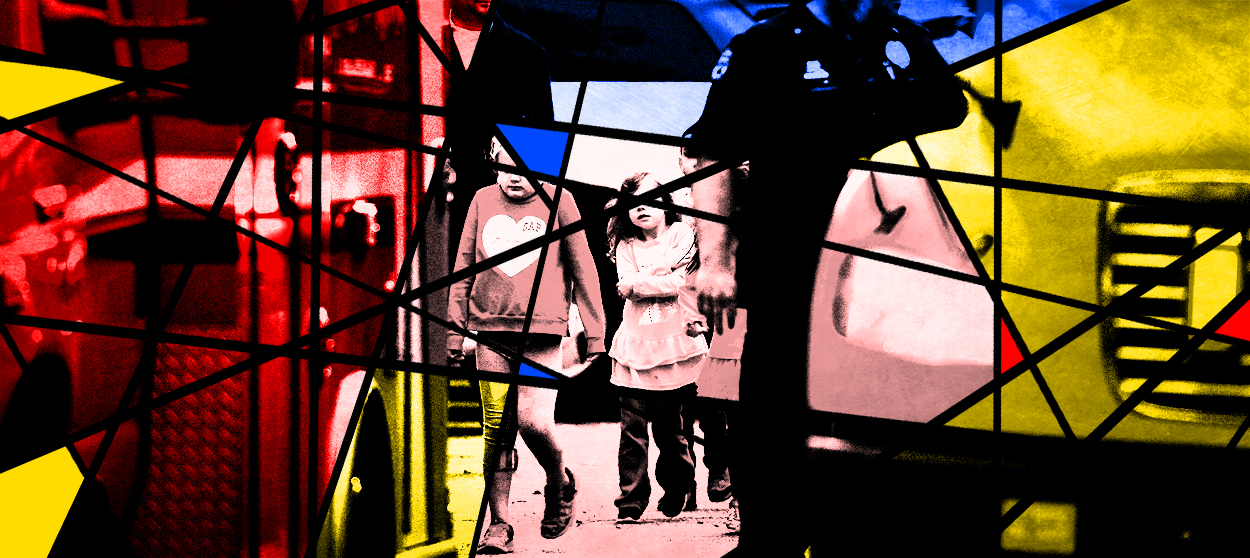 Is it dangerous to lionize the heroes of school shootings?
Is it dangerous to lionize the heroes of school shootings?The Explainer Honoring the children who die saving classmates is laudable — but we should tread carefully
-
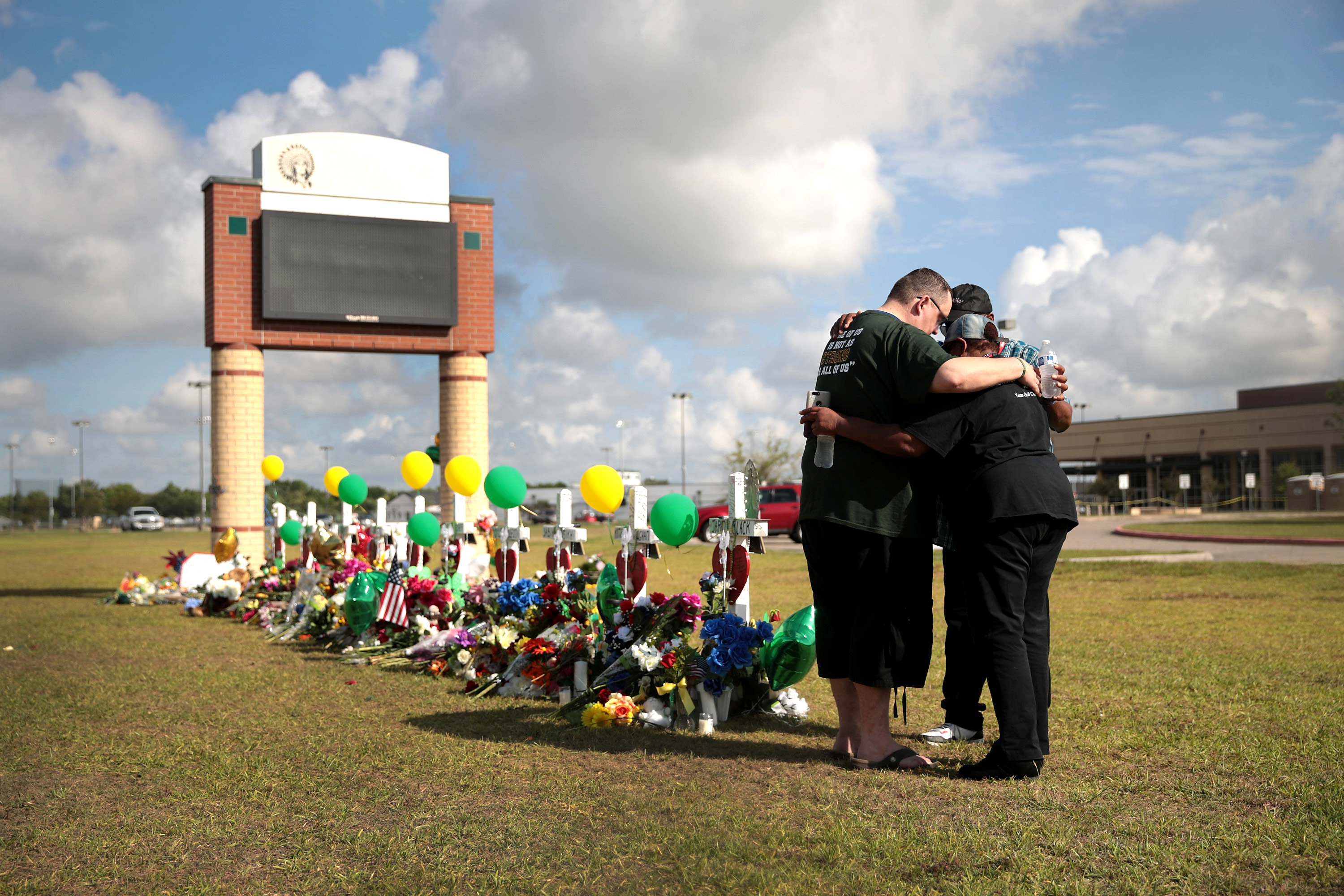 The sick phenomenon of school shooting contagion
The sick phenomenon of school shooting contagionThe Explainer Mass shootings can spread like a disease, with each massacre inspiring new rampages. Can the cycle of violence be stopped?
-
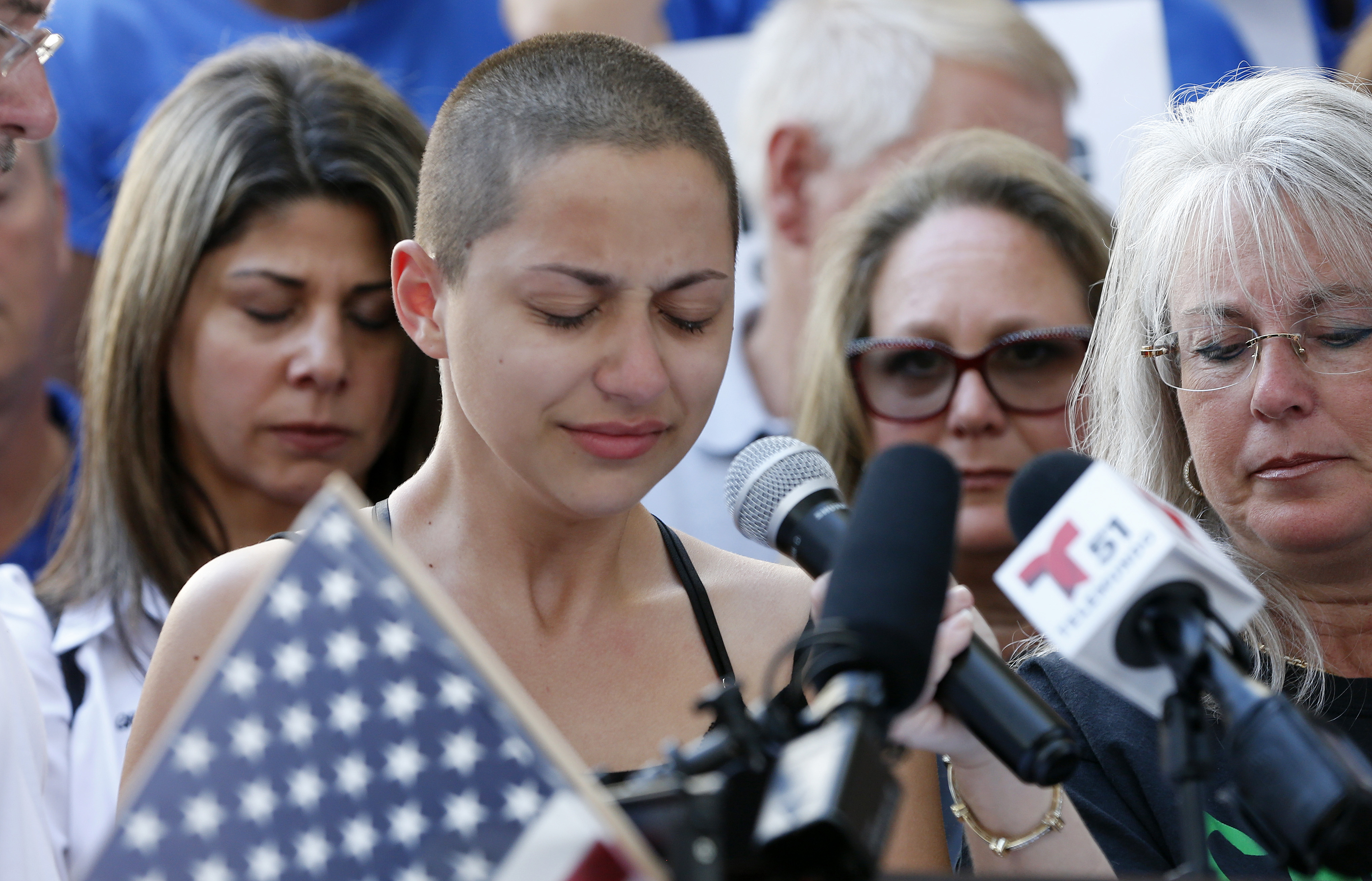 Why the Parkland conspiracy theories are different
Why the Parkland conspiracy theories are differentThe Explainer They aren't an attempt to make crazy sense of a senseless tragedy. They are a way of saying to the tragedy's victims and survivors: You aren't even worth arguing with.
-
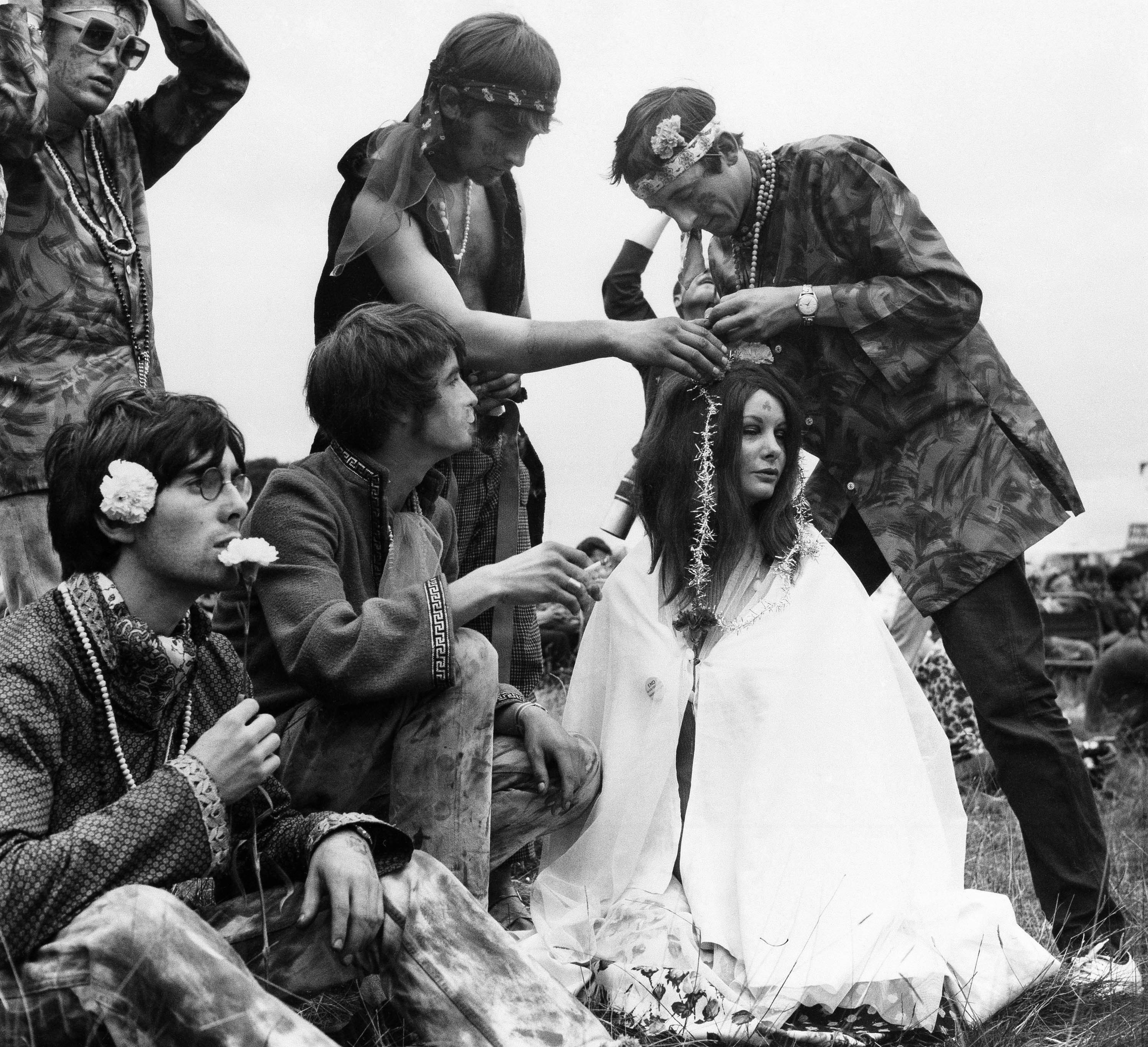 Sex, drugs, and the Summer of Love
Sex, drugs, and the Summer of LoveThe Explainer Fifty years ago this summer, 75,000 young people flocked to San Francisco to "turn on, tune in, drop out"
-
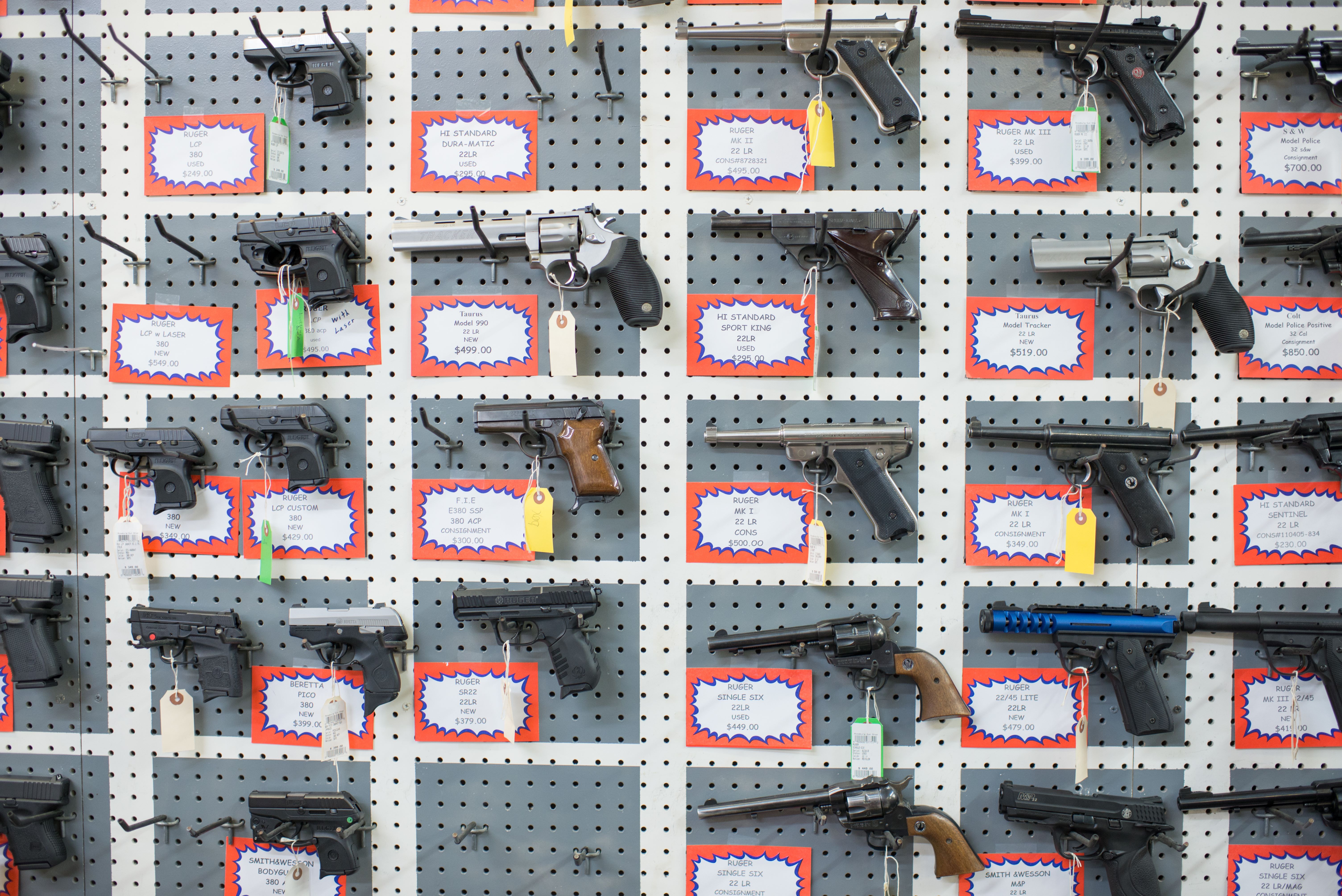 What we know about gun violence may surprise you
What we know about gun violence may surprise youThe Explainer Contradictions abound
-
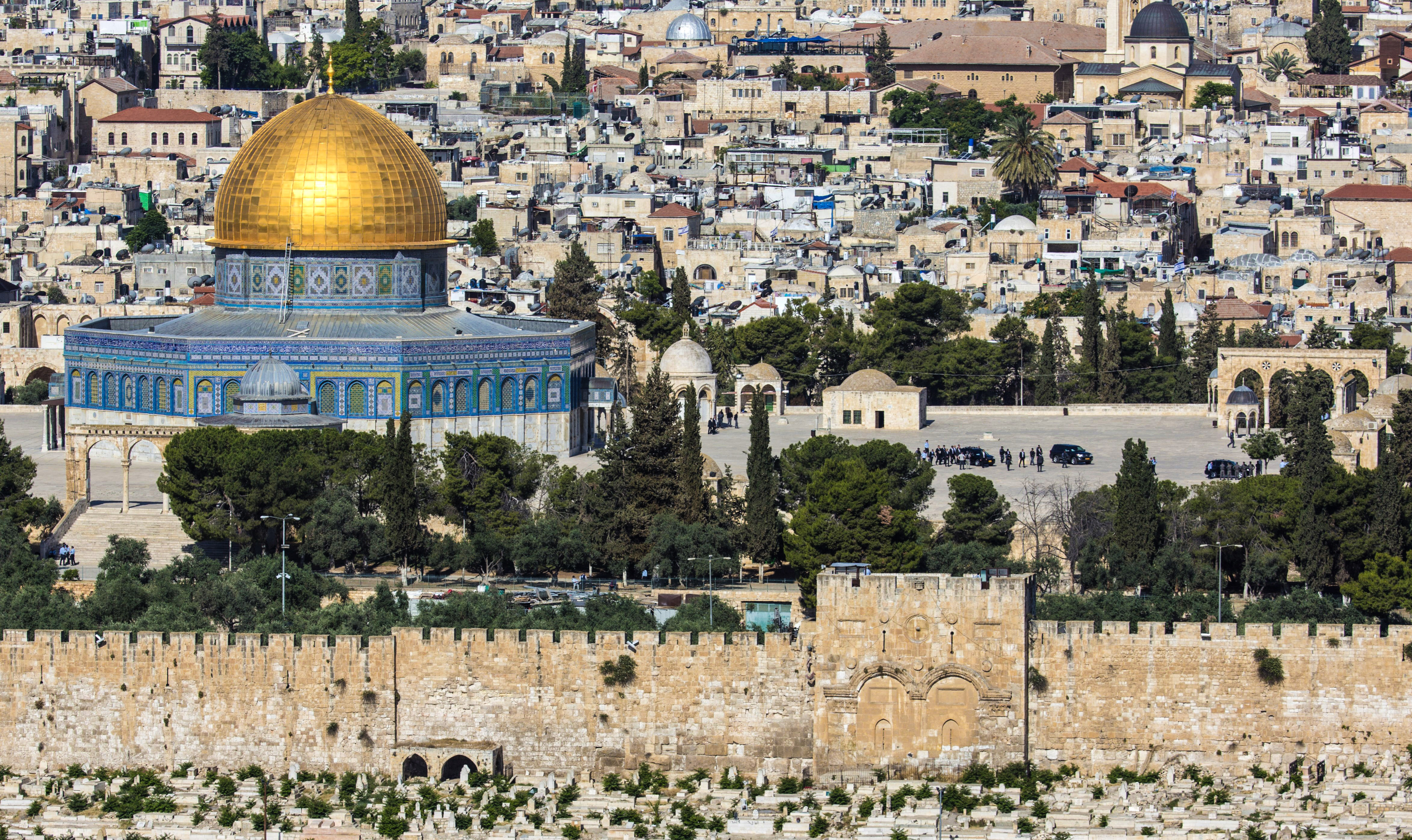 The struggle over the Temple Mount
The struggle over the Temple MountThe Explainer Rumors that Israel will take over Temple Mount have infuriated Palestinians, fueling a new wave of violence
